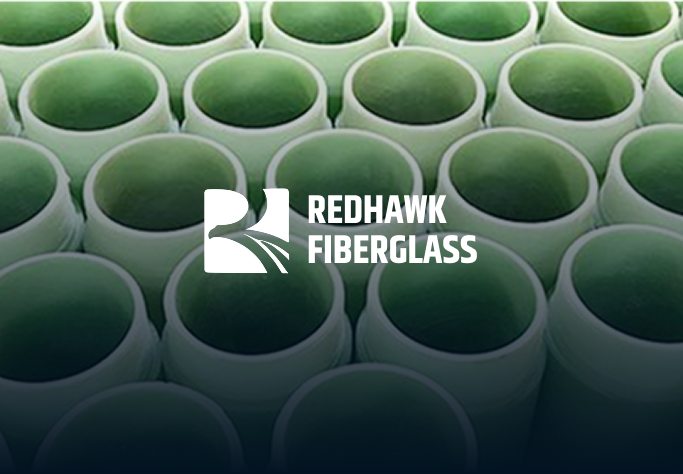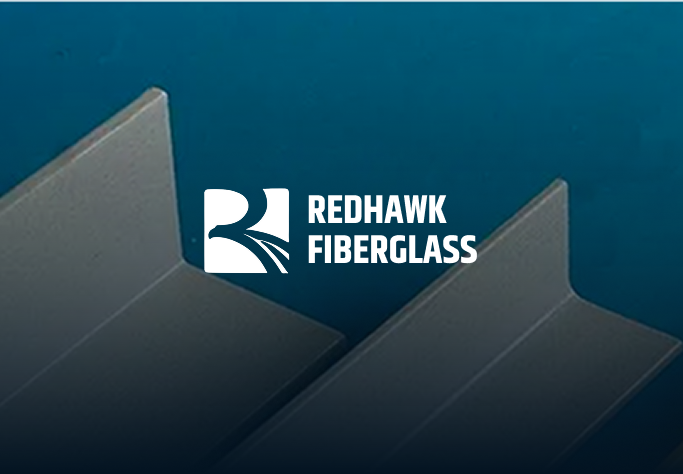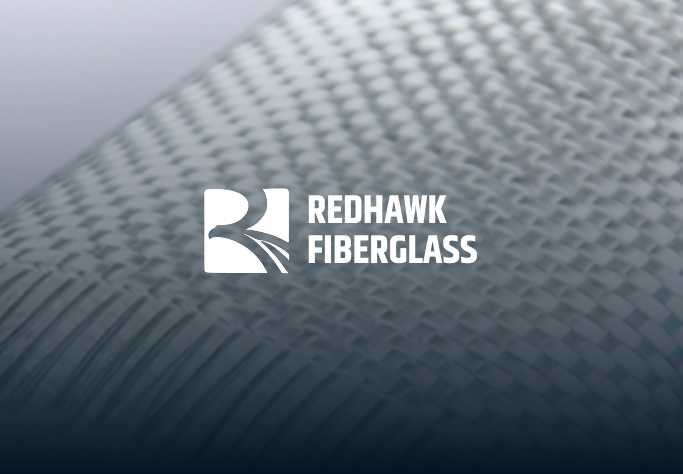SMC Fiberglass for Next-Generation Transportation Solutions




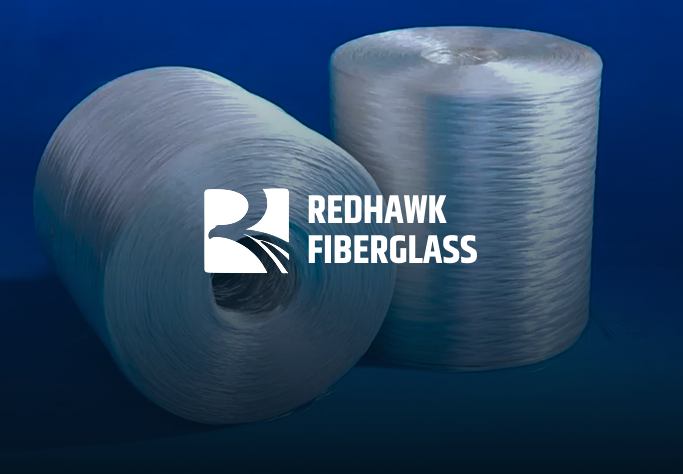
The escalating demands of the modern transportation industry, driven significantly by the rise of electric vehicles (EVs), necessitate continuous innovation in material science. Vehicle manufacturers require materials that simultaneously deliver superior mechanical strength, substantial weight reduction, and enhanced durability to improve efficiency, extend range, and meet rigorous safety specifications. This specialized requirement for lightweight, high-performance components has established Sheet Molding Compound (SMC) as a foundational solution for automotive and commercial vehicle engineering.
The key to SMC's utility in high-volume production lies in its processing method: compression molding. This technique subjects the SMC charge to high pressure and temperature within a matched metal die, allowing for the rapid creation of complex, net-shape parts. This process not only achieves exceptional dimensional accuracy and a superior surface finish but also makes SMC an economical and highly scalable choice for producing large, integrated components for body, chassis, and critical battery enclosure systems.

The fundamental advantage of SMC Fiberglass lies in its high strength-to-weight ratio. Automotive engineers traditionally rely on steel and aluminum for structural components, but the inherent density of these materials compromises efficiency, especially in battery-electric vehicles where minimizing mass is paramount to maximizing range. SMC offers a weight reduction of up to 25% compared to equivalent steel parts, while maintaining or even improving impact resistance and stiffness.
Material Formulation and Mechanical Benefits
The performance characteristics of SMC are highly tailorable based on the formulation:
The high-pressure, high-temperature compression molding cycle results in a highly cross-linked polymer structure, providing excellent creep resistance and maintaining structural integrity over the vehicle’s long service life. Furthermore, SMC components exhibit a superior noise, vibration, and harshness (NVH) profile compared to metals, contributing to a quieter and more refined vehicle cabin environment.
The transition to electrification presents unique material challenges, particularly concerning the thermal management and protection of high-voltage battery systems. The use of SMC fiberglass is uniquely positioned to address these demands due to its intrinsic properties.
Battery Enclosures and Protection
EV battery enclosures are among the most complex components on the vehicle, requiring simultaneous compliance with thermal, mechanical, and fire safety regulations. High-performance fiberglass sheet material is increasingly utilized for these housings due to:
Underbody Shielding and Aerodynamics
SMC is also being adopted for underbody components that enhance vehicle aerodynamics and protect sensitive systems. Components like full-length underbody shields and diffusers, molded in SMC, offer several benefits:
Beyond performance, the manufacturing economics of SMC are highly attractive for automotive OEMs. The process offers superior productivity compared to alternative composite fabrication methods.
High-Volume Production Capabilities
SMC is primarily processed via compression molding, which features fast cycle times, often measured in minutes, and is highly scalable for high-volume programs. As a reliable fiberglass distributor, Redhawk Fiberglass ensure timely fiberglass supply to support these demanding production schedules.
Environmental Considerations
The sustainability of materials in manufacturing is a growing consideration. SMC, while a thermoset, is being actively developed for improved end-of-life management:
SMC's benefits extend far beyond passenger vehicles, offering significant advantages in the heavy-duty truck, bus, and agricultural equipment sectors.
Exterior Body Components
For commercial trucks, SMC is widely used for components subject to frequent minor impacts and exposure to harsh weather:
Interior and Non-Structural Parts
Interior applications leverage SMC’s inherent flame retardancy and excellent dimensional stability for components such as seat backs, instrument panel retainers, and HVAC housings. These parts benefit from the stiffness of the composite and the ability to integrate mounting features without requiring secondary fasteners or welding. The material also meets stringent passenger safety standards for smoke and toxicity in public transportation like buses and trains.
Achieving the demanding performance specifications of modern transportation—from V-0 fire ratings and mass reduction to multi-functional structural integration—requires a manufacturing partner that not only masters high-volume processes like SMC, but also offers a diversified portfolio of composite fabrication methods to meet the unique challenges of every component.
Redhawk Fiberglass, a specialized fiberglass manufacturer and fiberglass supplier, provides a broad spectrum of engineered composite solutions tailored for high-demand, high-volume production cycles. The company’s portfolio leverages diverse polymer matrices and raw materials to meet stringent requirements for mass reduction, dimensional accuracy, thermal stability, and Class A aesthetic finish—all essential factors in modern transportation and EV manufacturing. Redhawk’s expertise spans continuous manufacturing processes and precision molding techniques to deliver materials critical for advanced components across multiple industries as a trusted fiberglass distributor.
The company’s offering is categorized by the primary forming process and material composition, providing tailored performance characteristics for each application:
This comprehensive range allows Redhawk Fiberglass to provide bespoke material science solutions that leverage the unique advantages of GFRP, mineral composites, and high-performance thermoplastics.
The successful deployment of SMC across both passenger and commercial transportation sectors validates its role as an indispensable material for 21st century mobility. From meeting the stringent fire safety and thermal management needs of high-voltage battery enclosures to providing highly durable, corrosion-free exterior body panels for heavy-duty vehicles, SMC delivers a critical balance of performance and manufacturing efficiency. Realizing these complex, high-volume composite designs and achieving exacting specifications requires a manufacturer of fiberglass that combines material formulation mastery with disciplined process control over a diversified suite of fabrication technologies.

Leading fiberglass manufacturer Redhawk Fiberglass offers a 6-Point Mat (Chopped Strand Fiberglass), which features excellent flowability and high-temperature stability for diverse fiberglass composites

Premier fiberglass manufacturer Redhawk Fiberglass offers Glass Fiber Reinforced Gypsum (GRG) board, a lightweight, high-strength solution for diverse architectural and construction applications.
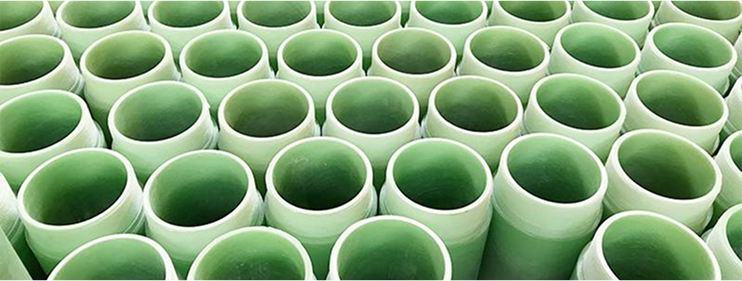
Premier fiberglass manufacturer Redhawk Fiberglass offers Filament Winding, creating precise, high-strength fiberglass composites with excellent thermal and chemical stability for demanding applications.
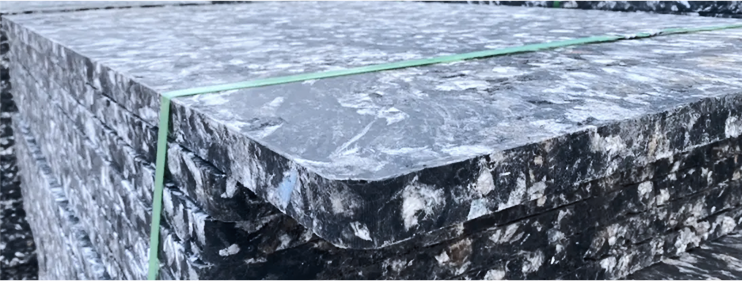
Premier fiberglass manufacturer Redhawk Fiberglass offers Engineering Thermoplastics (GFRT), a lightweight, high-performance fiberglass composite that boosts strength, heat resistance, and dimensional stability for diverse industrial uses.


